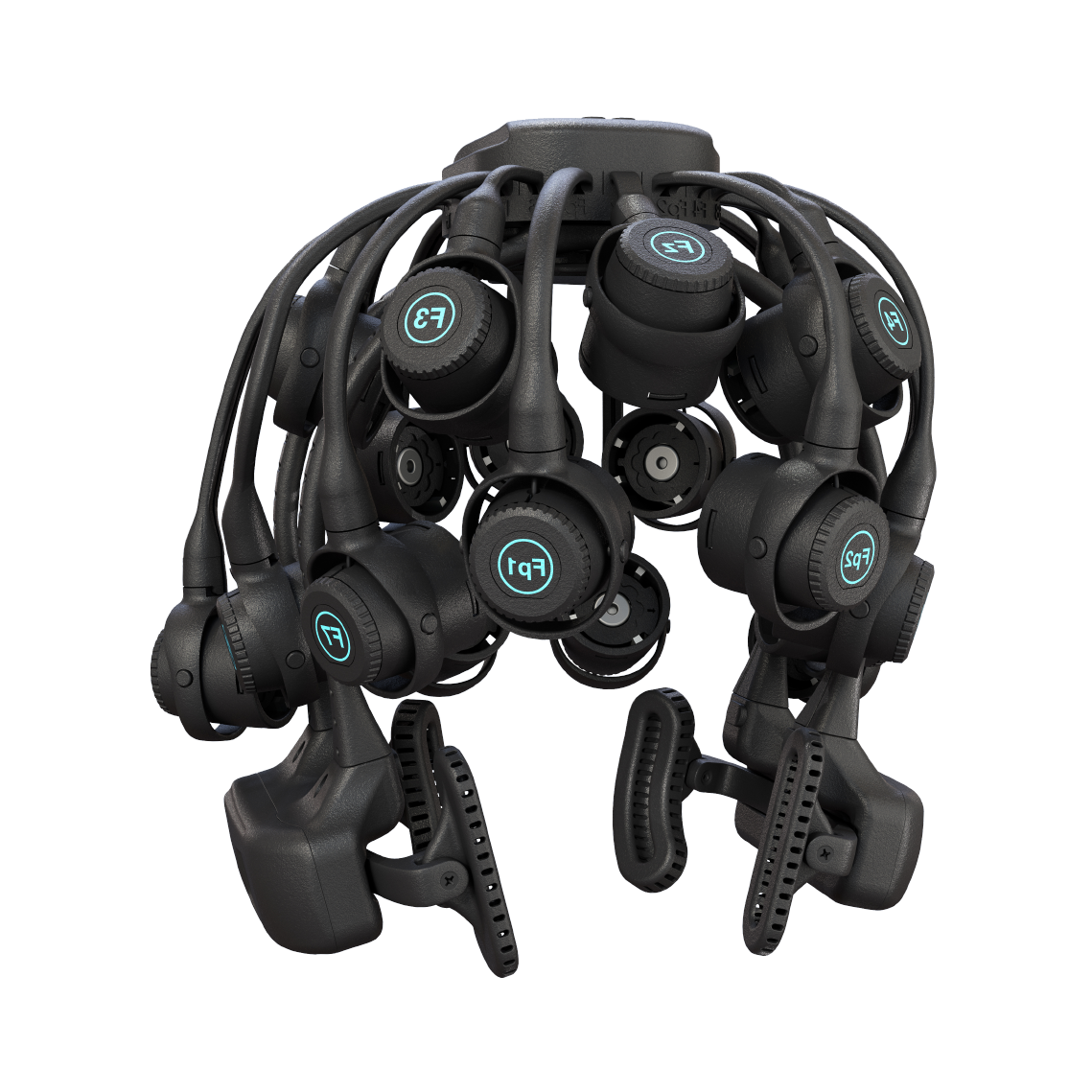Exploring The Way Slumber Disorders Interfere with Brainwave Activity as well as Impact Mental Performance
Exploring The Way Slumber Disorders Interfere with Brainwave Activity as well as Impact Mental Performance
Blog Article
Sleep is an crucial part of our everyday lives, enabling our bodies and minds to rest and rejuvenate. However, many people experience from sleep disorders, which can significantly disrupt slumber patterns. These disorders can result to various issues, including alterations in neural wave activity. Brainwaves are electrical signals in the mind that reflect our cognitive state and activity. When slumber is interrupted, the normal patterns of brainwaves can be affected, resulting to problems with cognitive function, such as recall, attention, and decision-making.
There are several types of slumber disorders, including insomnia, slumber apnea, and restless leg syndrome. Sleeplessness is characterized by trouble falling or remaining asleep, while sleep apnea entails pauses in breathing during slumber. Restless leg syndrome causes discomforting sensations in the limbs, resulting to an irresistible desire to shift them. Each of these disorders can disrupt the normal sleep cycle, which comprises of different stages, including shallow sleep, profound sleep, and REM (rapid eye movement) slumber. Each stage holds a vital role in preserving overall brain health and performance.
When sleep disorders disturb with these stages, neural wave activity can become irregular. For instance, during deep sleep, the mind produces slow delta waves, which are essential for physical restoration and memory consolidation. If a individual experiences repeated awakenings or does not attain deep sleep, the generation of these delta waves is diminished. This can result to challenges in learning new knowledge and retaining memories. Additionally, REM sleep, which is linked with dreaming and emotional processing, is also impacted. Disruptions in REM sleep can lead to issues with affective regulation and creativity.
The effect of slumber disorders on cognitive function is substantial. Research has demonstrated that individuals with sleep disorders often face difficulties with focus and focus. This can affect their capability at school or work, making it challenging to finish tasks or participate in discussions. Furthermore, chronic slumber deprivation can lead to mood changes, heightened stress, and even nervousness or depression. These mental and affective challenges can create a vicious cycle, where inadequate sleep leads to cognitive difficulties, which in turn can result to more slumber problems.
Addressing sleep disorders is essential for improving brainwave activity and cognitive function. Therapeutic options may encompass lifestyle changes, such as establishing a regular sleep schedule, establishing a cozy sleep environment, and practicing relaxation techniques. In some cases, clinical intervention may be required, such as using a CPAP machine for sleep apnea or medication for sleeplessness. By prioritizing sleep and seeking appropriate care, people can enhance more helpful info their overall cognitive abilities and improve their quality of life. Comprehending the connection between slumber disorders, neural wave activity, and cognitive function is an important step toward better health and wellness.